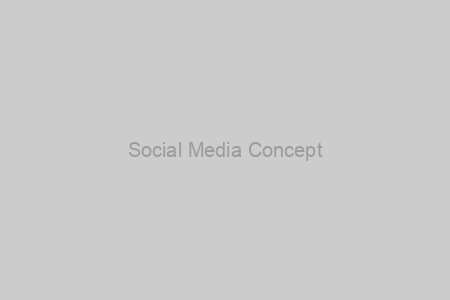Definition§
Social media refers to a variety of digital technologies and platforms that facilitate the sharing of ideas, information, and content among users through virtual networks and communities. Users engage through likes, shares, comments, and discussions, creating an interactive environment that transcends geographical boundaries.
Social Media vs Traditional Media Comparison§
| Feature | Social Media | Traditional Media |
|---|---|---|
| Interactivity | High: Users can engage directly | Low: Users are passive recipients |
| Content Creation | User-generated content is primary | Professionally produced content |
| Distribution Speed | Instant, virally spreads | Delayed (print, broadcasting) |
| Audience Reach | Global accessibility | Often limited by distribution channels |
| Feedback Mechanism | Immediate feedback through likes & comments | Limited to surveys, letters to editors |
Examples of Social Media Platforms§
- Facebook: A platform for connecting, sharing, and engaging with a global audience.
- Instagram: Focuses on visual content and storytelling through photos and videos.
- YouTube: A video sharing platform where users can upload, view, and engage with video content.
- Twitter (Now X): A microblogging platform for real-time updates and discussions.
- WhatsApp: Messaging app facilitating private communication through texts, calls, and video calls.
Related Terms§
- User-Generated Content: Content created by users rather than brands or organizations, enhancing authenticity.
- Influencer Marketing: Leveraging influential individuals on social media to promote products/services.
- Engagement Rate: Metric assessing interaction by users (likes, comments) relative to the number of followers/viewers.
Fun Fact§
Did you know that the first recognizable social media site, Six Degrees, was founded in 1997? It allowed users to create profiles and friend each other — a concept that feels all too familiar today!
Humorous Quote§
“Social media is not a media. The key is to listen, engage, and build relationships.” — David Alston, with a pinch of wisdom and a splash of humor.

Frequently Asked Questions§
Q1: How has social media changed communication?§
A1: Social media allows for instant communication and feedback, breaking down time and space barriers – for better or worse! It’s like shouting across the street but with a megaphone!
Q2: What are the risks associated with social media?§
A2: While it fosters community, social media can also spread disinformation and negativity at lightning speed, making it the exciting wild west of the internet!
Q3: Is social media effective for marketing?§
A3: Absolutely! It allows businesses to reach target audiences directly and create authentic connections while making audiences feel like they’re best buddies with the brand.
Q4: What’s a common mistake brands make on social media?§
A4: Many brands forget to be human! A robot-like presence can turn off potential followers — so add some humor (and maybe some cat memes)!
Resources for Further Study§
- The Art of Social Media: Power Tips for Power Users - A definitive guide to nailing your social media game.
- This Is How You Lose the Time War - A fun, speculative dive into consequence that’s actually an allegory of social intricacies.
🌐 More than 4.7 billion people worldwide use social media, reflecting the growing significance of digital interaction!
Test Your Knowledge: Social Media Savvy Quiz§
Thank you for taking the time to dive into the world of social media! Remember, whether you’re sharing silly cat gifs or strategic marketing campaigns, engaging in online communities completes the digital tapestry! 🌍💡✨
